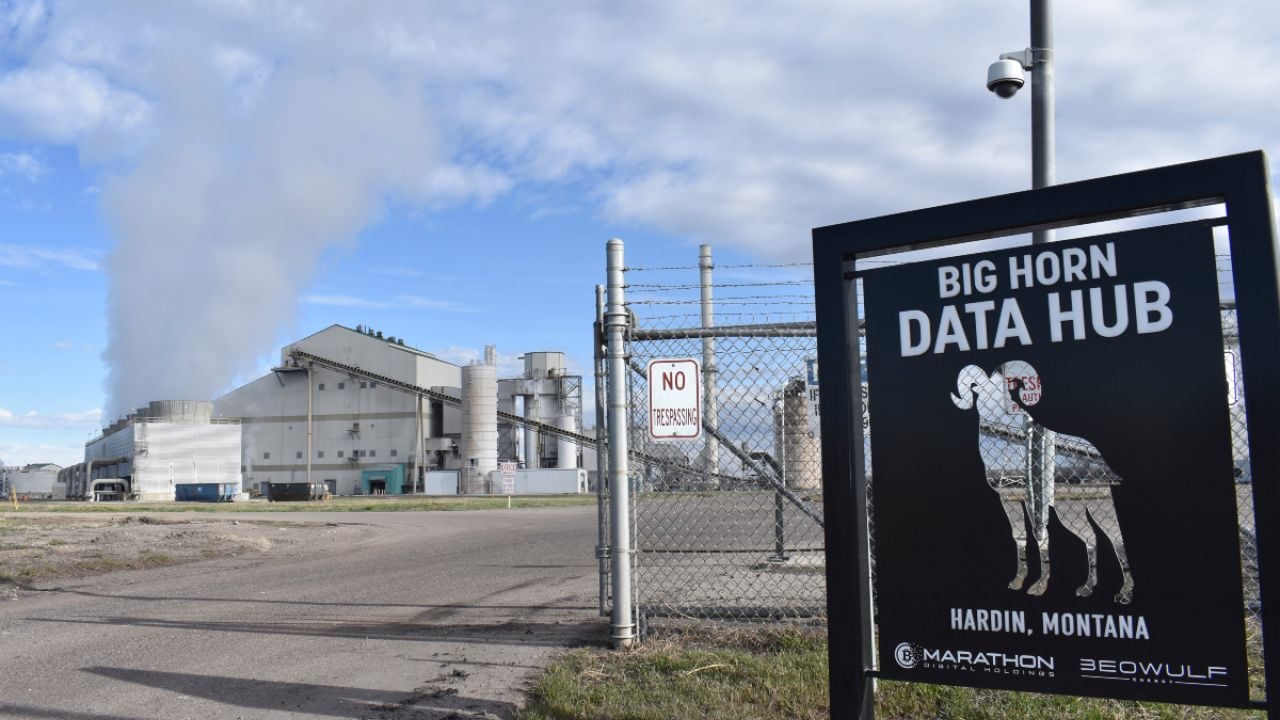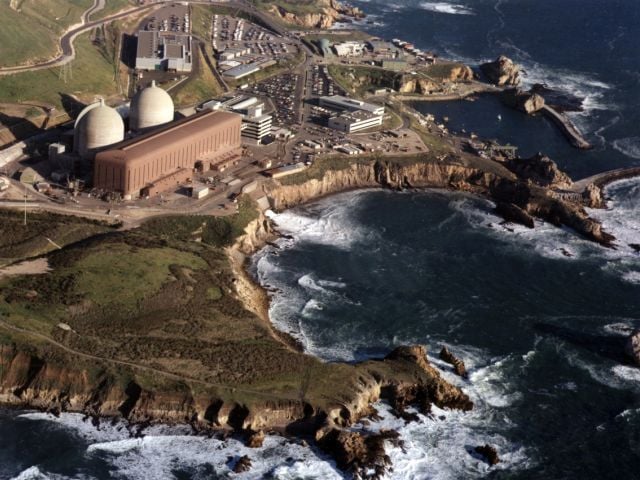Groundbreaking map shows toxic ‘forever chemicals’ in more than 330 wildlife species

Displaying 7225 - 7248 of 7370






Dozens of House lawmakers and their immediate family members, including eight members of the House Agriculture Committee or their family members, received over $14 million in federal farm subsidies...

At the end of March, California Gov. Gavin Newsom signed a law passed by leaders in the state legislature that aims to end Big Oil’s rampant gas price gouging at the pump.













It began to dawn on the early EWG team that though the public knew about pollution in air, water and soil, we didn’t know about pollution in people. And that was going to be the key to unlocking market change. EWG scientists got to work testing the umbilical cord blood of newborn infants, to see what pollutants they’re born with. The first studies began in 2004; anonymous American babies were

Since EWG isn’t limited to areas of published scientific research, they find inspiration everywhere by recognizing where people fall through cracks and where EWG can step in and do the most good.
